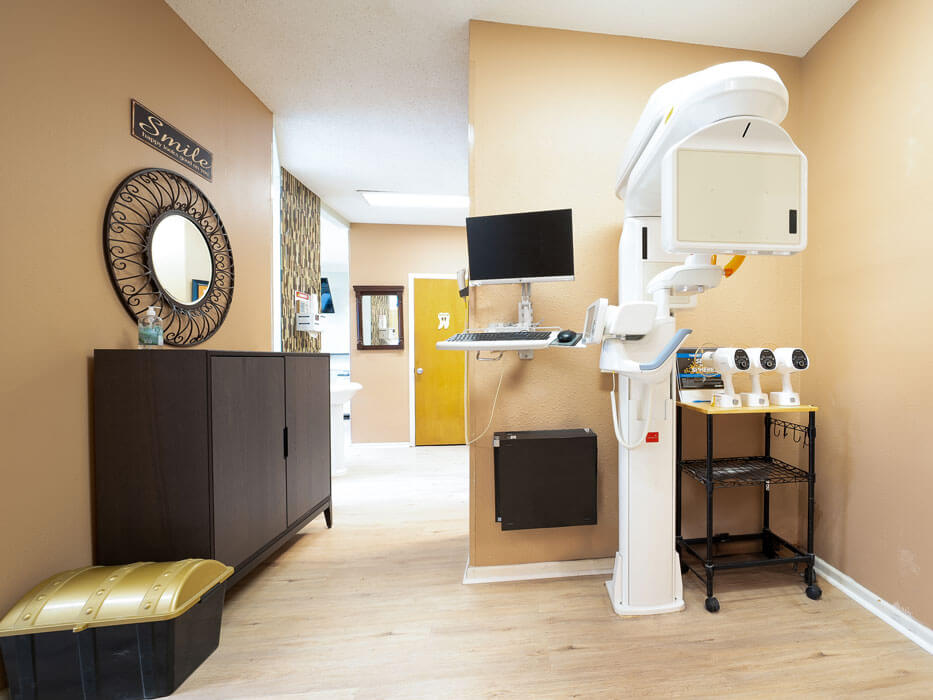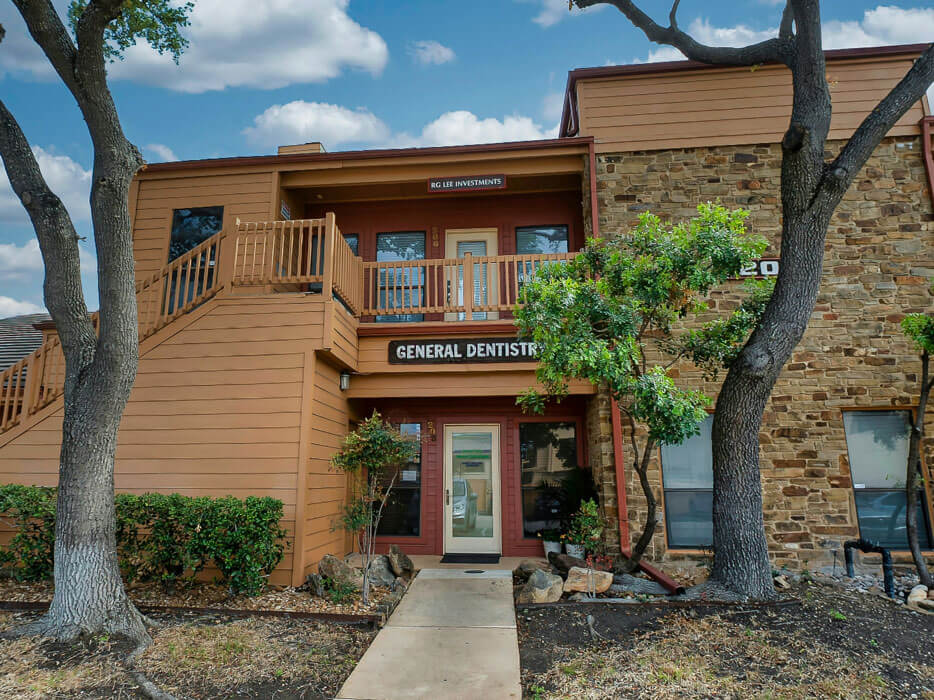Dental Implants
Improve Your Oral Health
With Dental Implants in San Antonio, TX
Using the Latest Tech for the Best Results
Computer-Guided SurgeryAt River City Dental Solutions, we use a cone beam scanner to capture three-dimensional images of your dental arches. This technology allows Dr. Joseph Perry to:
- Plan safe, precise treatment
- Provide the best results for years to come

Surgical Guides
A Custom Guide for Your Implant SurgeryOnce we've finalized your surgical plan, we can create a custom guide for your dental implant placement surgery. Your surgical guide will be placed over your dental arch so Dr. Perry can place each implant at the proper angle, depth, and location. This leads to:
- A faster treatment
- Fewer risks
- Long-lasting results
Ready for a New Smile?
Ask Us About Dental Implants in San AntonioDr. Perry is passionate about helping patients achieve a comfortable, functional bite. With his computer-guided treatment plans, you can trust that your oral surgery will be as precise, comfortable, and safe as possible.
Our implant dentist has been helping San Antonio patients achieve healthy, beautiful smiles since 1974, making him a trusted presence in the community. He's also affiliated with the American Dental Association and the Academy of General Dentistry.
During a consultation, Dr. Perry can examine your mouth and explain which options are best suited to your needs. Together, we can find a solution that restores your oral health and helps you experience an exciting boost in confidence. Contact us today to get started.
More Reasons to Choose River City Dental Solutions
We Keep San Antonio, TX, SmilingVA-Approved Dentist
As a veteran, Dr. Perry is proud to serve men and women throughout San Antonio who have served our country. We proudly welcome vets to our VA-approved office. Many of our staff members have also served, and our practice is glad to have the opportunity to help fellow soldiers.Free Second Opinions
Do you want a second opinion about tooth replacement options from another practice? Dr. Perry is happy to offer his opinion based on his decades of experience as a dentist and a mentor in dentistry. Just call for a consultation and explain that you would like a second opinion.Convenient Treatment
There's no need to run around to multiple practices for implant treatment. Dr. Perry can complete the entire process at our San Antonio dental office. From your initial consultation to the placement of your final restoration, you can enjoy the continuity that comes with choosing a practice that does it all. We even offer early morning appointments.
San Antonio Recommends Dr. Perry
for Implant SurgeryWhy You Need to Replace Lost Teeth
Missing teeth are not just a cosmetic problem. Tooth roots play an important role in stimulating regenerative bone growth in the jaw to keep it strong. If the jawbone is left to atrophy, you may face more problems:
- Teeth slowly shift out of position, which causes uneven wear on teeth as your bite changes
- Loose teeth or further tooth loss as the jaw weakens
- Facial features that collapse as the jaw recedes, making you look older
Will Insurance Cover Implants?
Most basic insurance policies don't cover dental implants. However, most plans do contribute to the cost of restorations (such as dentures) and preparatory procedures such as gum disease treatment and tooth extraction. We accept most major insurance plans, and our knowledgeable staff can help you determine how much your insurance will cover.
If you don't have insurance, our San Antonio office also has an in-house loyalty plan through SmileAdvantage. This program offers routine dental checkups and discounts on our services for an affordable annual fee.
The Dental Implant Treatment Timeline
A Long-Term Solution to Missing TeethConsultation – When you choose to receive veneers at our San Antonio practice, our dentists must first prepare each imperfect tooth by removing a thin layer of enamel. This ensures that the porcelain veneers lie flush alongside your adjacent teeth and don't appear bulky. Our dentists perform this step conservatively to retain as much natural tooth structure as possible.
Preparatory Procedures – Some patients need preparatory procedures for successful implant treatment. This can include treating gum disease or performing a bone graft to rebuild lost tissue. These treatments must be undertaken before the implants are placed.
Implant Placement – Dr. Perry often performs extractions and places implants in the same appointment. After teeth have been extracted, Dr. Perry will precisely place your implants using his advanced surgical guides. This ensures the correct positioning of the implant. In most cases, Dr. Perry can provide an immediate temporary restoration so you won't have to leave our office without teeth.
Healing Period – For four to six months, the implant will fuse with the jawbone in a process called osseointegration.
Abutment Placement – An abutment is a connector piece between the implant and your restoration. During a minor surgery, an abutment will be attached to your implant. It will take about two weeks for the gum tissue to heal around the abutment.
Impressions – After the gums have healed around the abutment, Dr. Perry will take impressions of your dental arches so that he can design your permanent custom restoration. Dr. Perry uses only high-quality dental materials and works closely with trusted labs to create restorations that are natural-looking and comfortable.
Restoration – Dr. Perry will check your restoration to ensure a good fit and comfortable bite. If no adjustments are needed, he will attach your new teeth to the implants and you can leave our San Antonio office with a stunning new smile.
Don’t Have Sufficient Jawbone Density?
Let Us Improve Your Candidacy for ImplantsBone Grafting
Bone grafting is a procedure that replaces lost tissue in the jawbone to make you eligible for dental implants. Dr. Perry can use biocompatible grafting material or tissue from another part of your body to create the stable foundation needed for implants. Studies have shown that implants placed in grafted tissue have a similar success rate to implants placed in non-grafted tissue. Contact us today to ask about bone grafting.Mini Dental Implants
Mini dental implants are smaller versions of standard dental implants. However, because mini implants are smaller, they do not require as much bone mass to properly fuse with the jaw. Mini dental implants are less invasive, so there is less recovery time. They also typically cost less than traditional implants. Dr. Perry has performed mini dental implant surgery for hundreds of patients.Frequently Asked Questions
About Dental Implants in San Antonio
River City Dental Solutions
The team at River City Dental Solutions serves the needs of the greater San Antonio, TX, area with state-of-the-art technology and the latest innovative techniques. We can provide you and your family with beautiful smiles through a variety of procedures including:
To schedule an appointment at our dental office, contact us online or call 210-941-3657.

